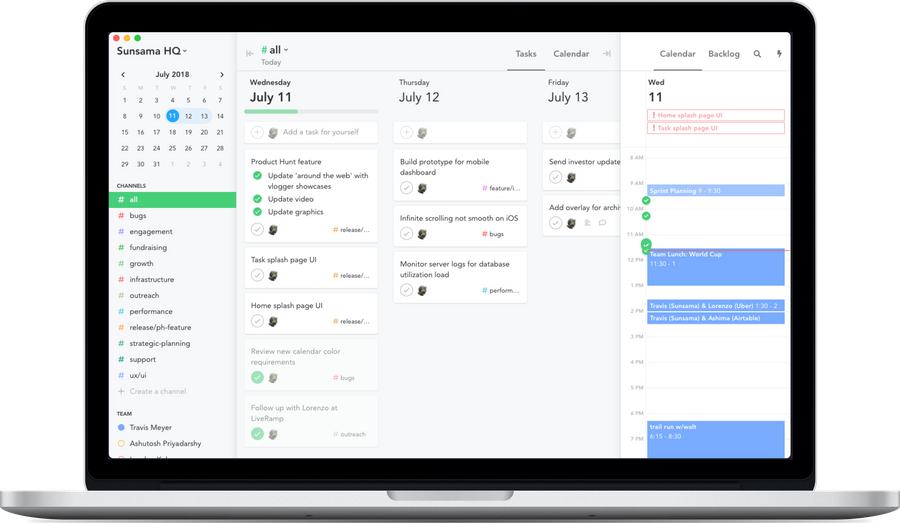William Van Hecke has an interesting idea for how to use his time. Based on a concept he read in a Neal Stephenson novel, he organizes his time in ten day periods: > Time is divided into ten-day decades. (We commonly use the word “decade” to mean ten years, nowadays, but prior to the 16th century, it could mean any collection of ten things, including days.) I love my desynchronized rhythms; the 10-day decade and the 7-day week create a healthy polymeter that drifts in and out of sync over time.…
All posts in time
I have done well to stay away from new productivity apps the past couple of years. I'm still using Things as my main repository of projects and AoR (areas of responsibility) — this has not changed since Things 3 arrived and I wrote about it [https://thesweetsetup.com/apps/best-personal-gtd-app-suite/] for The Sweet Setup. The biggest change in recent years has been the use of pen and paper for daily planning and tracking. I still do this today (currently with a Do Journal from Baron Fig, but I'…
How do you fight the feeling of being overwhelmed when you have so many roles in your life that bring responsibility? I have to remind myself of what progress is made and set up a weekly rhythm.
CJ Chilvers posted a short blurb [https://www.cjchilvers.com/blog/getting-more-from-your-calendar] in response to a recent article I wrote for The Sweet Setup, Getting More From Your Calendar [https://thesweetsetup.com/get-more-from-your-calendar/]. His main point is that I suffer from a common misconception about scheduling: > I hear this sentiment a lot, but I think this is the wrong way to approach scheduling (and, sorry David Sparks, I just hate the term hyper-scheduling). If your week is f…
CJ Chilvers has been a very consistent advocate for giving your calendar a greater priority than your to-do list. Or, rather, for making your calendar be your to-do list. He talked this week about an issue that blocks people from making this type of change: > How do you track all the actionable stuff in your life that you can't schedule? His solution is to put everything into an inbox. Everything that is important enough gets on your calendar. The rest just needs to be processed regularly (and…
Related to my focus [https://chrisbowler.com/journal/perfect-week] last week, Shawn Blanc and his team are experimenting with how they structure their work time in 2017. Taking cues from the Basecamp team, they’re trying an 8 week cycle, where focused work happens in weeks 1–6, followed by a buffer week, then finishes up with a week off. It’s an interesting concept with a couple of benefits. One, the team members will take time off. That sounds a bit pedantic, but in environments like Shawn’s,…
With the increase of flexibility in our workplaces, how should we structure our time?
While I’m not crazy about the term “lifestyle design”, this post has some good tips. Srinivas Rao opens the piece by defining the problem of people wanting to “hack their lives”: > When people think of the words Lifestyle Design images of working from a laptop, location independence, The Four Hour Workweek and digital nomads pop into their head. What they don’t think about is the actual work that goes into those accomplishments, all of which are a byproduct of days and environments that have be…
